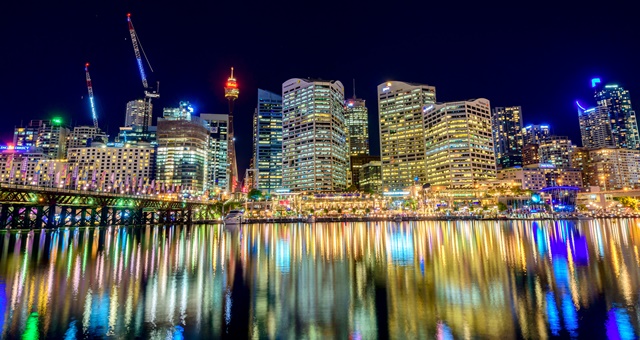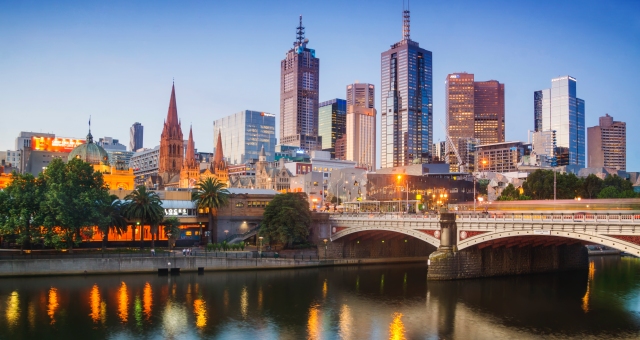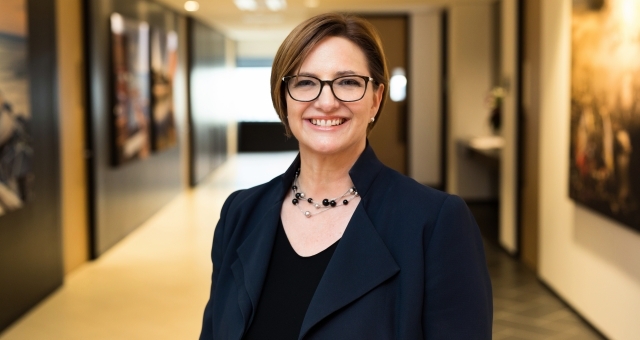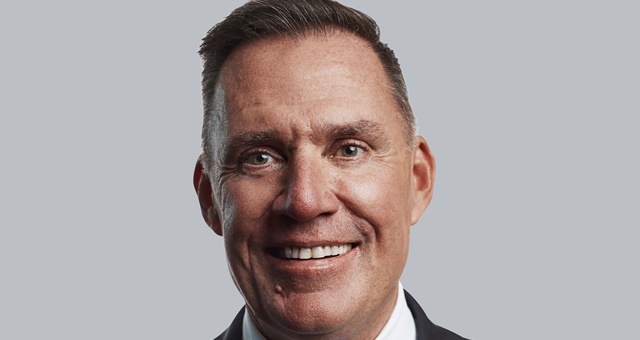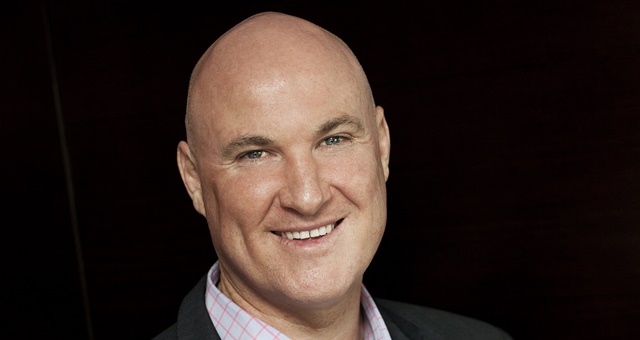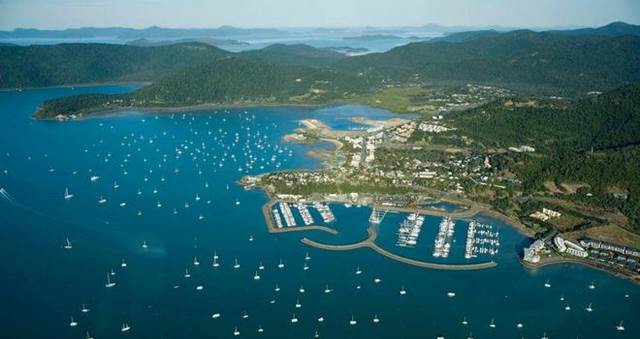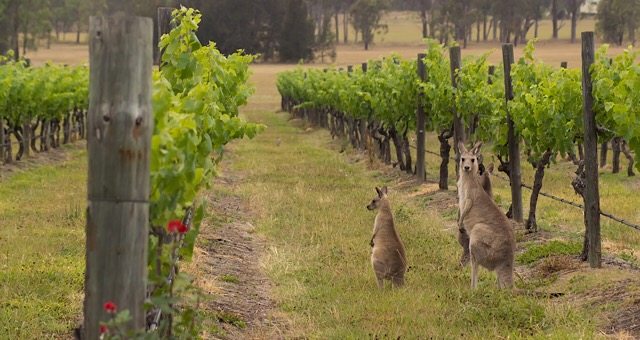Major hotel operators in Sydney and Melbourne have been left scratching their heads, saying the Federal Government’s AUD$1.2 billion funding package could leave them in an even worse situation once JobKeeper ends on March 28.
Australian Prime Minister, Scott Morrison, and Federal Trade and Tourism Minister, Dan Tehan, have called on Australians to “do their patriotic duty” by booking a holiday to one of 13 regional destinations set to benefit from 800,000 half-price air tickets which will be partially subsidised by the government. Discounts will apply from the average fare price and will be available through the websites of Qantas, Virgin Australia, Jetstar and a number of small regional and local carriers who have flown routes to the 13 destinations for at least the past two years.
The destinations included in the scheme are the Gold Coast, Cairns, the Whitsundays and Mackay region, including Proserpine and Hamilton Island, the Sunshine Coast, Alice Springs, Launceston, Devonport and Burnie, Broome, Avalon (Geelong), Merimbula, and Kangaroo Island. The government has expressed interest in expanding the list of destinations available under the scheme in response to backlash from many at their exclusion.
The aim of the package is to encourage leisure holiday makers to take a holiday in these locations, helping tour operators and hotels to bring staff back to work and for the tourism economy to step up a gear.
Funding will aim to help airlines bring up to 8,000 core workers back to their jobs, meet domestic security screening costs and ground handling costs, including new training and accreditation.
However, InterContinental Hotels Group MD Australasia and Japan, Leanne Harwood, says the government program doesn’t land where it is needed most.
“As people start to get out and explore again, it’s regional destinations that are already experiencing uplift from leisure travel, while city hotels are bleeding,” Harwood said.
“So, while any support for our industry is appreciated, I was genuinely surprised to see some holiday destinations in the mix that are enjoying very strong leisure bookings, while many Sydney and Melbourne city hotels are sitting as experiencing some of their lowest ever occupancy levels.
“We ask the government to recognise and properly address the catastrophic situation in our industry. We have now lost JobKeeper as our lifeline, so for hospitality to survive, we need support where it’s needed most, for business and city travel to resume, and for domestic borders to remain open.
“Yes, airlines and regional tourist destinations are important, but don’t forget the rest of the industry.”
Accor Pacific CEO, Simon McGrath, said that while he appreciated any government support for the broader travel industry and leisure destinations, further financial relief was needed to save Australia’s city properties.
“Many thousands of people and their families will be impacted if there is no targeted support for city accommodation providers,” he said.
Sentiments were similar from Marriott International Area Vice President, Sean Hunt, who said the company’s capital city hotels have also been severely hit by the pandemic and that it was continuing to rebuild its hotel business across Australia.
“Prime Minister Morrison has indicated there is opportunity to add further destinations to the 13 regions announced this morning which would be a very welcome step,” Hunt added.
“The majority of our properties in Australia are located in capital cities. However our Port Douglas and Gold Coast properties certainly stand to benefit.”
Event Hospitality Director of Hotels and Resorts, Norman Arundel, said any stimulus will assist in the overall industry recovery.
“An obvious gap in the announcement was Government’s response to supporting the major cities where the majority of tourism takes place and whilst international borders remain closed, jobs are at risk,” he said.
“We look forward to a response on a whole-of-industry package that will provide the necessary support until government have advanced the vaccination programme and restrictions ease.”
The Prime Minister defended the package, saying tourism businesses didn’t want to rely on government support forever and instead wanted their visitors back.
“This package, combined with our vaccine roll-out which is gathering pace, is part of our National Economic Recovery Plan and the bridge that will help get them back to normal trading,” he said.
“In a big win for local communities, especially in regional Australia, we will continue to financially support flights which are so key to health services, employment opportunities and social activities.
“We’re also backing the workforces of our international airlines and the teams and infrastructure they need so that when tourism takes off again and our borders reopen, our airlines are ready to go.”
In addition to the half-price airfares, the government support package included measures to improve access to its SME Loan Guarantee Scheme, to help businesses access low-cost loans of up to AUD$5 million depending on turnover or refinance existing debt, with the government to increase its guarantee from 50/50 to 80/20 and encourage banks “to back those businesses that are prepared to back themselves”.
Maximum loan terms will be increased from five to ten years, with lenders also able to grant applicants a repayment holiday of up to 24 months. Loans will be available from 1 April and must be approved by the end of this year.

